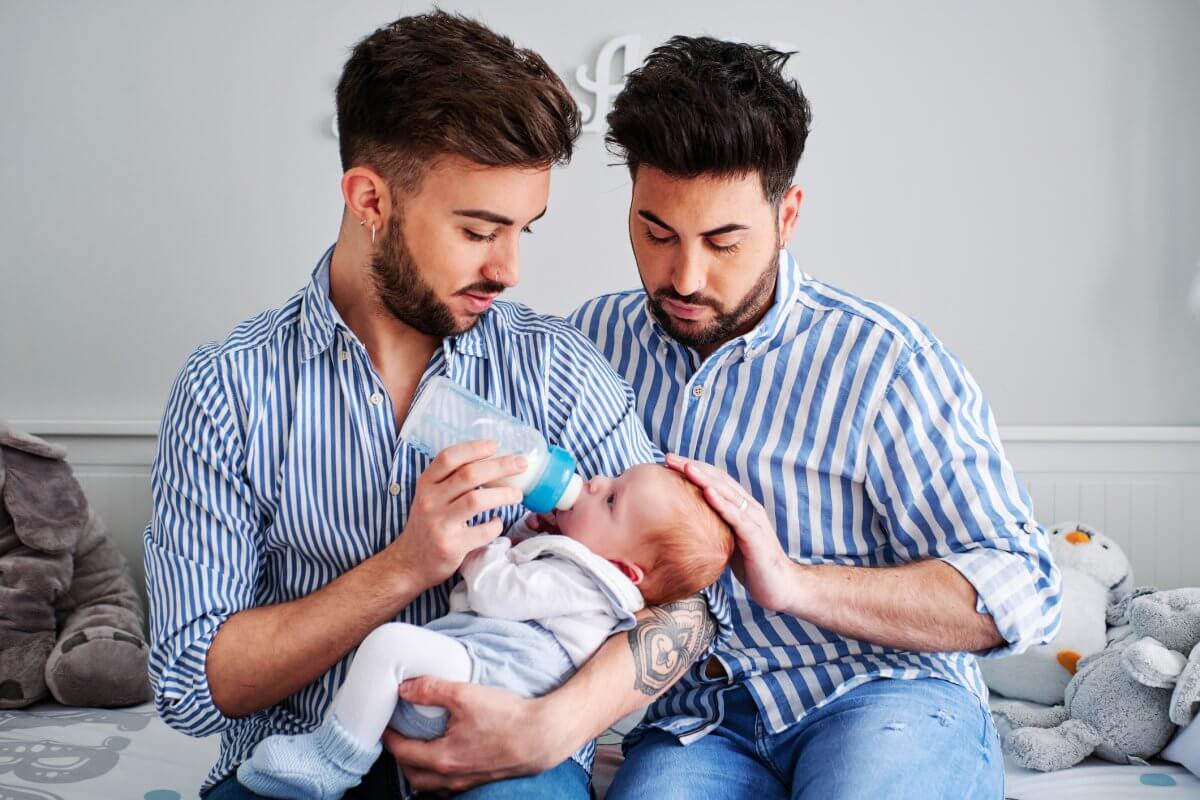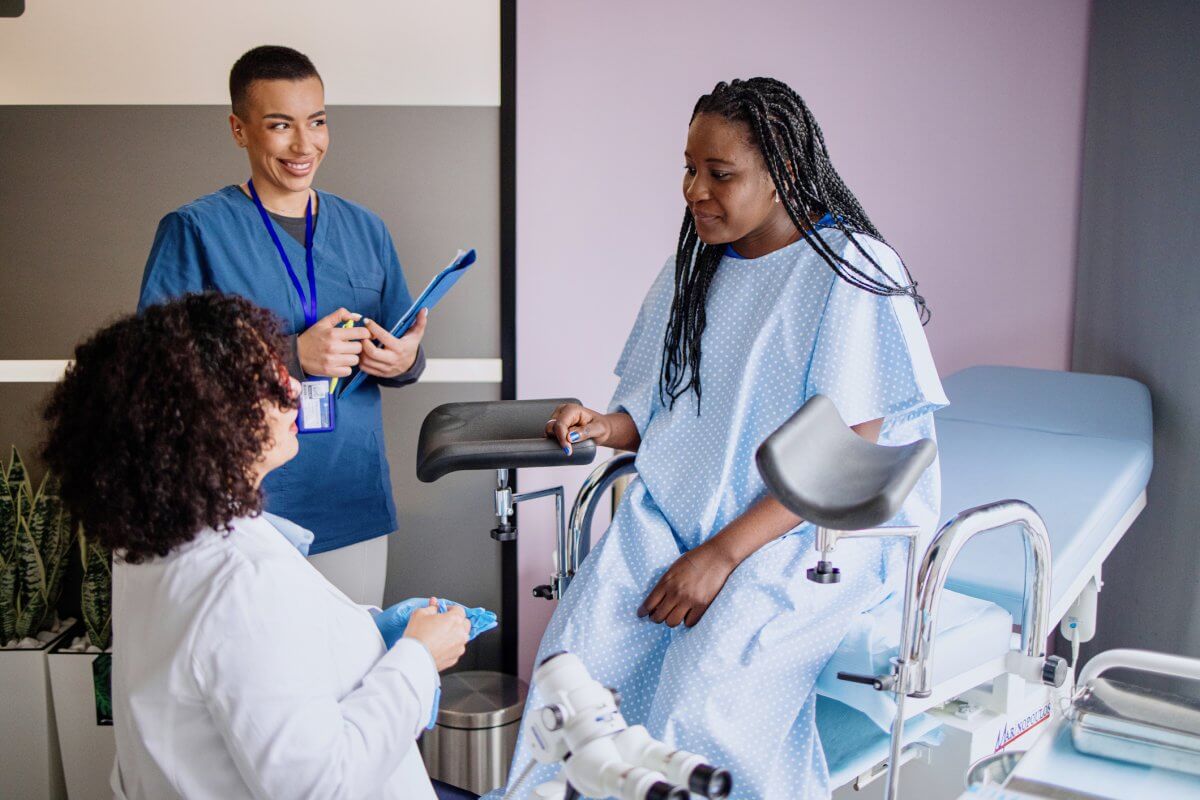Because of all the helpful resources and services that go into the surrogacy process, there are various costs to account for when planning for your surrogacy journey.
In addition to managing your own finances through budgeting, there are other affordable surrogacy options. If you’re looking for ways to afford surrogacy, a great place to start is by reaching out to one of our specialists who can help get you started on the right path.
If you have any questions about how to pay for surrogacy, then contact us online or call 1-800-875-2229.
How to Pay for Surrogacy [Your Options]
We offer a fixed fee structure, which means you’ll know exactly what you’ll be paying from the beginning, so that you can budget accordingly. Even with this financial certainty, it’s helpful to have options to help create a more affordable surrogacy journey.
Below is a breakdown of your affordable surrogacy options.
Loans
Loans are one of the most common ways intended parents pay for surrogacy. There are many lenders out there that specifically offer loans to couples undergoing fertility treatments and pursuing surrogacy. Like any other loan, you must consider the interest charged on loans for surrogacy and decide whether you can reasonably afford monthly payments even after you become parents. Here are some loans you may consider:
- Home equity loans (using your home as collateral)
- Borrowing from 401(k) plans
- Credit cards (although watch out for high interest rates)
For fertility specific financing loans, here are some companies you can contact:
Grants
If you don’t want to borrow money to pay for surrogacy, then you may have the opportunity to earn funds through fertility and surrogate grant programs. Each program will have different requirements, so make sure to fully research each to decide what you qualify for. Below are some grants you can apply for:
- Family Formation Charitable Trust (AAAA): Provides assistance to help afford assisted reproductive technology
- Pay It Forward Fertility Grants: For help with fertility treatments at any clinic that’s a member of the Society for Assisted Reproductive Technology
- Tinina Q. Cade Foundation Family Building Grant: Provides up to $10,000 to infertile families in need
- Baby Quest Foundation: Helps with egg and sperm donation, egg freezing, in vitro fertilization, artificial inseminations, embryo donation and gestational surrogacy
- Life Grants: Provides up to $10,000 to help offset the cost of infertility treatments and third party reproduction
Fundraising
Another affordable surrogacy option is community fundraising events. As the intended parent, you may have a supportive community of friends and family members who are willing to help you raise money to help with an affordable surrogacy. There are many ways you can go about fundraising for your surrogacy journey:
- Online crowdfunding: There are many ways you can reach out to a large audience through sites like GoFundMe to share your surrogacy and infertility journey. Friends, family and strangers can easily donate as much or as little as they’d like.
- A community event: Whether you want to host a community wide garage sale or something larger like a silent auction, you can reach out to your community to help you accept donations and raise money to help pay for surrogacy.
- Turn a hobby into a business: If you have any hobbies or interests, you can sell your handmade goods or services on sites like Etsy or partner with a direct sales consultant to get your product out there. These profits can be put toward paying for surrogacy.
Don’t be afraid to reach out to your friends and family for help. You can always ask for money to be put toward your surrogacy fund instead of receiving typical gifts for holidays or birthdays. It’s also a good idea to start saving your money and allocating a portion of your income to a special surrogacy savings account.
Get the latest updates on surrogacy and fundraising through our Instagram.
Choosing American Surrogacy
Although you may be tempted to find a cheap surrogacy agency, you may be sacrificing essential services that can help you have the best experience possible.
We understand the importance of providing high-quality service throughout your surrogacy process, which is why we place such an emphasis on an affordable surrogacy journey that benefits everyone involved.
With our fixed fee structure, you’ll be able to see exactly what you’re paying for, with no hidden fees. You’ll be able to budget accordingly and move through your surrogacy journey with confidence and certainty in your finances.
If you find that surrogacy is out of your price range, you can explore different family building options such as adoption. You can contact our sister company American Adoptions to help you understand the adoption process by calling 1-800-ADOPTION.
However if you are confident that surrogacy is the right path for you, then contact us online now or call 1-800-875-2229 to get started.









